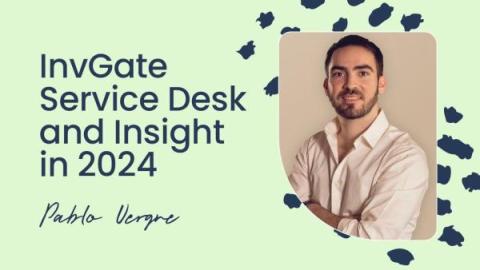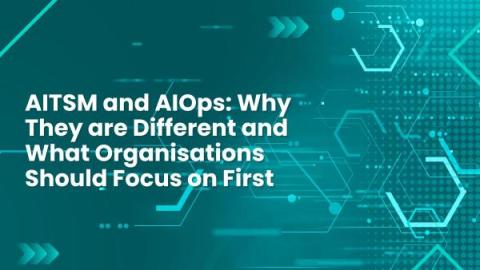Teams | Collaboration | Customer Service | Project Management
Blog
What's Coming to InvGate Service Desk And Insight in 2024?
Building trust through productivity analytics
As we slide into the fourth industrial revolution and the lines between physical and digital experiences fuzz, distributed work isn’t going away. Managers and employees need to trust each other, or we risk backsliding into the bad old days of panopticon monitoring. Ethical monitoring practices create an atmosphere of trust and psychological safety among team members. Employees who feel their privacy is respected are more likely to speak up, share ideas, and collaborate effectively.
Ethical employee monitoring: A path to empowerment and trust
The unfortunate legacy of employee monitoring has less to do with employee monitoring per se and more to do with management philosophies rooted in compliance and hierarchy. Early employee monitoring methods evolved from top-down, compliance-first management styles. As a result, the approaches relied on methods that weren’t exactly employee-friendly: Collaboration isn’t built in. Employees aren’t given agency. Well-being takes a backseat to hours worked.
Plan your 2023 remote holiday party with these templates
Think you can skip a holiday party with your distributed team? Think again. Remote workers reportedly admit that they feel less connected to their colleagues. That’s why festive get-togethers — which offer people a chance to forge deeper bonds and build camaraderie — are even more important. Your holiday celebration doesn’t need to suffer just because you’re apart.
The surprising connection between after-hours work and decreased productivity
Slack’s Workforce Index uncovers new findings on how to structure the workday to maximise employee productivity, well-being and satisfaction.
How workforce analytics helps with contact center efficiency
5 BPO strategies for client acquisition
Starting a BPO (Business Process Outsourcing) venture can be both exciting and challenging. One of the key hurdles new BPOs face is acquiring clients. In this blog post, we’ll explore some effective strategies for optimizing your BPO startup, drawing inspiration from valuable insights shared in The Future Workforce Podcast interview with Nick Sinclair, Founder & Managing Director of TOA Global.
5 agency trends and predictions for 2024
Has 2023 been a bumpy ride for your agency? Like you’re swimming upstream with one arm tied behind your back and a crocodile snapping at your heels? Whatever your experience has been this year, it’s sure to have been a disruptive one. From the ongoing economic and geo-political uncertainty, to shifting client and consumer behavior, to rapid technological change, the agency landscape is more complex and competitive than ever.
AITSM and AIOps: Why They are Different and What Organisations Should Focus on First?
There’s a lot of interest in the opportunity of artificial intelligence (AI) for IT service management (ITSM), especially with the media hype caused by ChatGPT and other generative AI tools. This is not only influencing ITSM tool product development, it’s also had an impact on “marketing machines” and the terms employed to help sell products and services.









